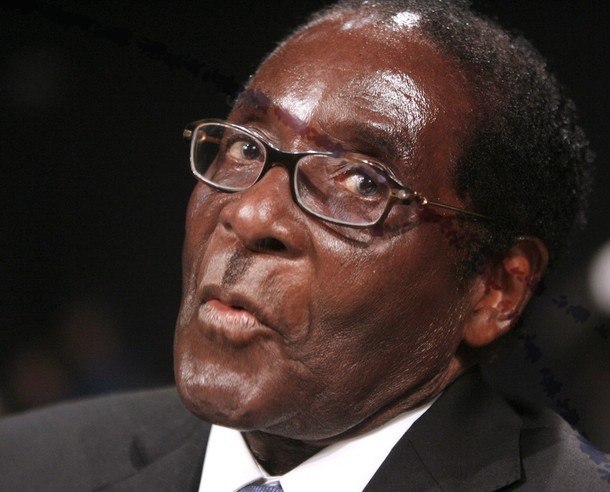
PRESIDENT Robert Mugabe is this week expected to proclaim the dates of at least three by-elections as ordered by the Supreme Court, but already there are ominous signs that there is more than that in store for Zimbabweans.
Report by Nqaba Matshazi
The Herald columnist, Nathaniel Manheru, believed to be Mugabe’s spokesman, George Charamba, has already intimated that the President could as well declare a general election as there was an impasse on the constitutional draft. The two MDCs have declared their opposition to Zanu PF amendments to the draft, whereas Mugabe’s party is seeking a raft of changes that could create a stalemate. This may inadvertently lead to Mugabe calling for elections this year, his long-held wish which has failed to hold sway in the country. “The President has between now and August 30 to be shown in which direction the whole constitutional matter is going,” Manheru wrote in his weekly column last week. “If it is in the direction of consensus and, therefore, a referendum well and good then. If it’s in the direction of an impasse, then that impasse must be declared before or by August 30. Either way, the nation goes for elections.”
MDC leader, Welshman Ncube seems to have acknowledged that Zanu PF was spoiling for a fight, by proposing a raft of amendments, as it knew that these would be opposed, leading to a stalemate that would then lead to elections, well suiting Zanu PF’s agenda.
“It is clear that the Zanu PF hawks are itching for an early election and this move they have made has brought them very close to their wish to burn down the country by having a rerun of the 2008 elections,” he wrote last week. “It’s not going to happen. It’s time to let the dice roll the way it will. If an election without a new constitution is the only way to move forward, then let it be.”
On the other hand, MDC-T secretary general, Tendai Biti has already indicated that they will fight tooth and nail to resist Zanu PF changes to the draft.
In the event of an impasse, South African President Jacob Zuma is expected to intervene but the question is whether he will be able to do it before Thursday, when Mugabe is expected to make pronouncements on elections in vacant wards. Zuma’s mediation team is expected in the country early this week.
Zanu PF has already publicly expressed its disdain with the Zuma mediation policy and to spite the South African president, whom they consider partisan, they may call for elections.
- Chamisa under fire over US$120K donation
- Mavhunga puts DeMbare into Chibuku quarterfinals
- Pension funds bet on Cabora Bassa oilfields
- Councils defy govt fire tender directive
Keep Reading
Dewa Mavhinga a political analyst reckons Mugabe may use the Supreme Court ruling, compelling him to call for by-elections in three vacant constituencies, as an excuse to tear apart constitutional reform. “For Zanu PF, the Supreme Court ruling on by-elections and an impasse on the draft constitution will provide a perfect excuse for them to call for elections,” he said.
But Mavhinga said given the impasse over the draft constitution, he expected Mugabe to call for a general election, at least by next February. A Supreme Court ruling said Mugabe should set dates for elections in three constituencies, but the number of empty seats in both houses of parliament has risen to 38, meaning Mugabe would have to call for elections in the vacant areas or throughout the whole country.
But Trevor Maisiri, a senior analyst for southern Africa at the International Crisis Group, said it was highly unlikely that Mugabe would go against a regional prescription for credible elections.
He argued that Mugabe would not go against a Sadc-initiated process. “The president will never unilaterally call for general elections. Other people will always comment from outside and say their preferences but the President will not take such a diplomatic risk,” he explained.
Maisiri doubted that Zanu PF would insist on terminating the inclusive government, but rather was of the opinion that the party would delay passing the new draft constitution so that the country may go to elections using the old constitution.











